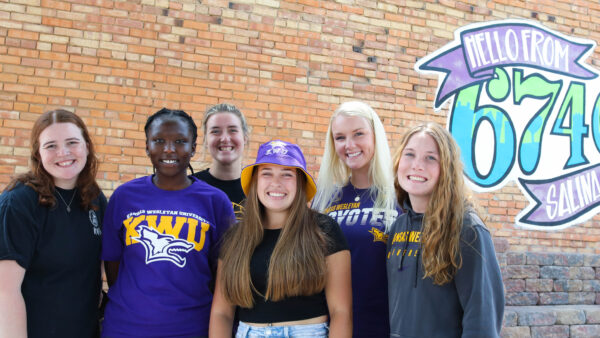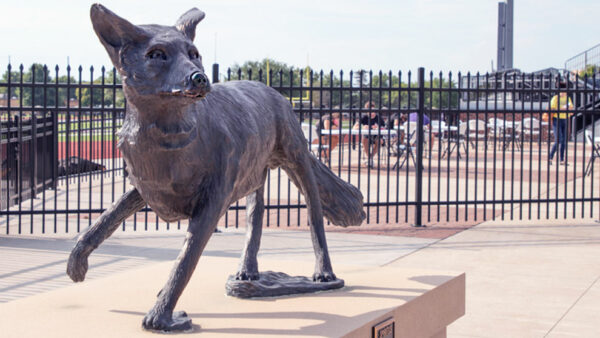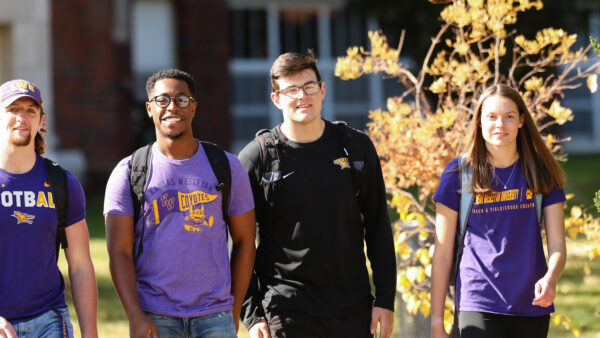Sociology
Illuminate important matters in our personal lives, our communities and the world.
Sociology is an exciting and illuminating field of study that analyzes and explains important matters in our personal lives, our communities and the world. Sociology’s subject matter is diverse, ranging from crime to religion, from the family to the state, from the divisions of race and social class to the shared beliefs of a common culture and from social stability to radical change in whole societies. Unifying the study of these diverse subjects of study is sociology’s purpose of understanding how human action and consciousness both shape and are shaped by surrounding cultural and social structures.
At the personal level, sociology investigates the social causes and consequences of such things as romantic love, racial and gender identity, family conflict, deviant behavior, aging and religious faith. At the societal level, sociology examines and explains matters like crime and law, poverty and wealth, prejudice and discrimination, schools and education, business firms, urban community and social movements. At the global level, sociology studies such phenomena as population growth and migration, war and peace and economic development. Sociologists emphasize the careful gathering and analysis of evidence about social life to develop and enrich our understanding of key social processes.
Sociology can also be added as a second major or minor to related fields, such as majors in Criminal Justice, Psychology and Psychological Services and the minor in Political Science.
For more information, contact Dr. Andrew Bedrous, Professor of Sociology, or call (785) 833-4359.
Hands-On Learning
Pursuing a degree or a second major or minor in Sociology at KWU makes the field come alive. There are opportunities to conduct research and gain career experience off-campus. Resume-building internships are available at local community-based organizations. Conduct research in an area you’re passionate about. Behavioral Sciences students at KWU get papers published in professional journals, make presentations at academic conferences and help Salina companies and organizations make better decisions.
This program is offered:
On Campus




